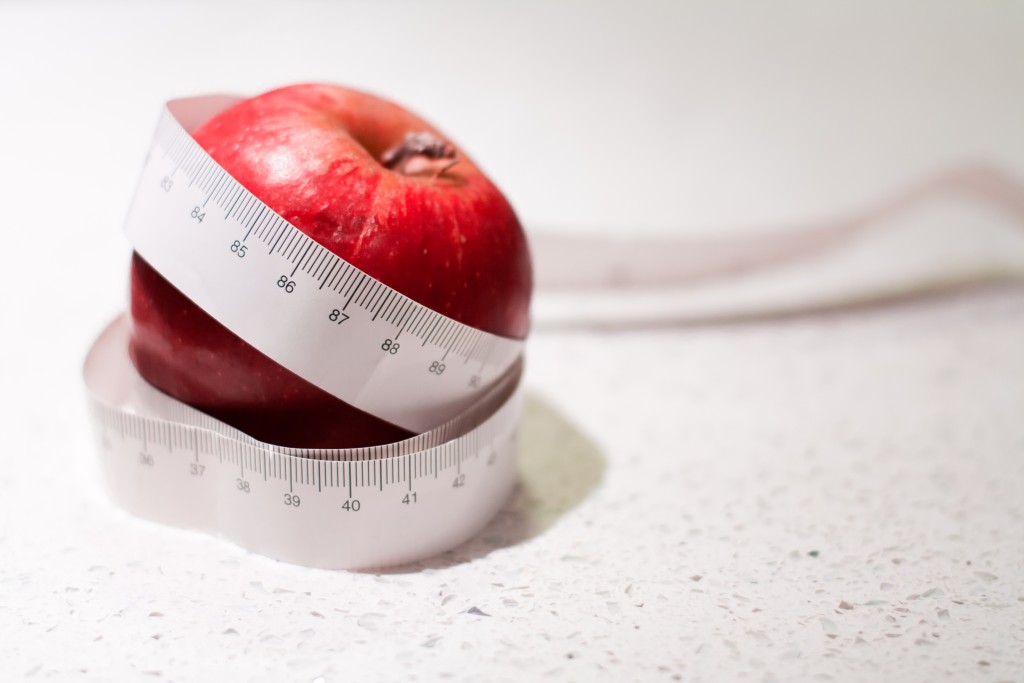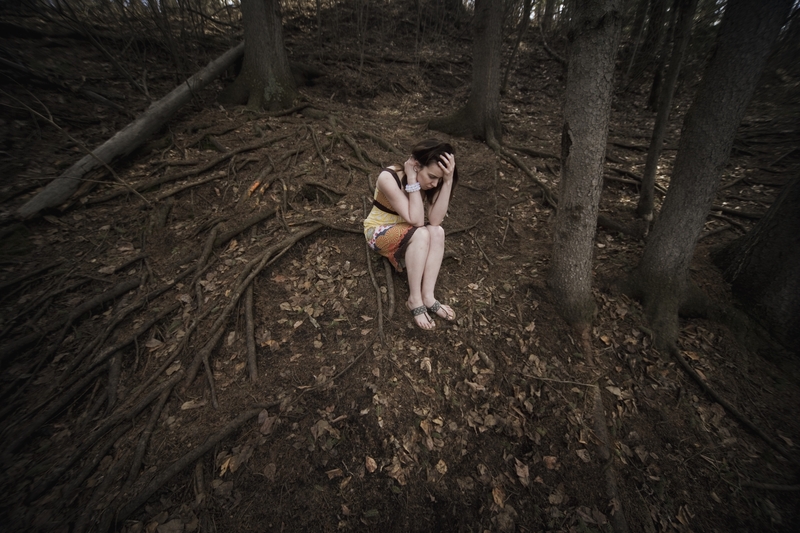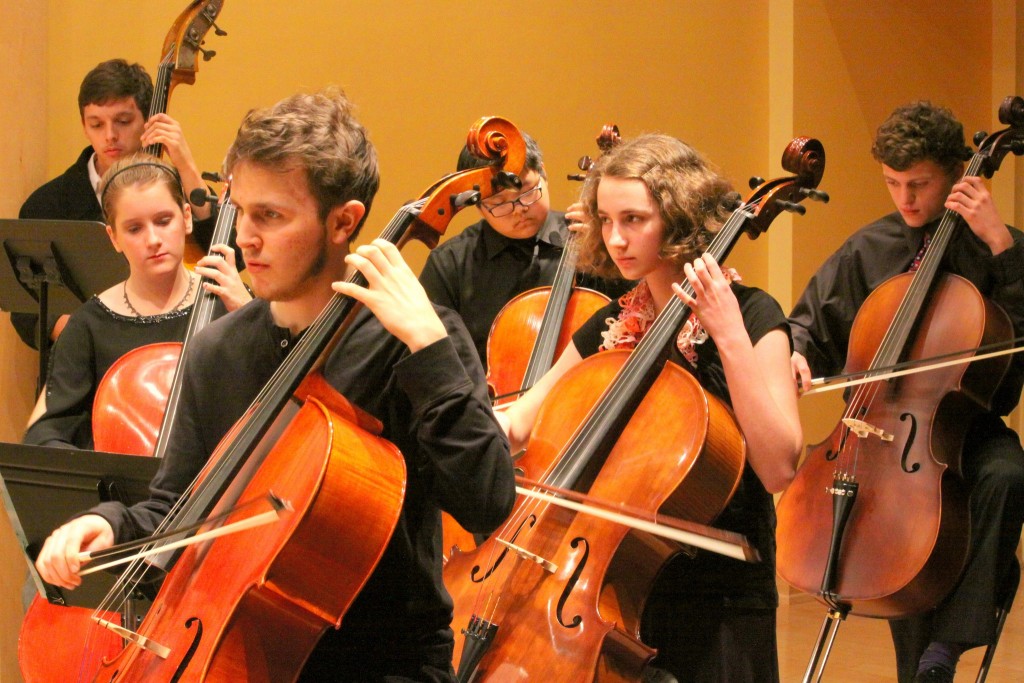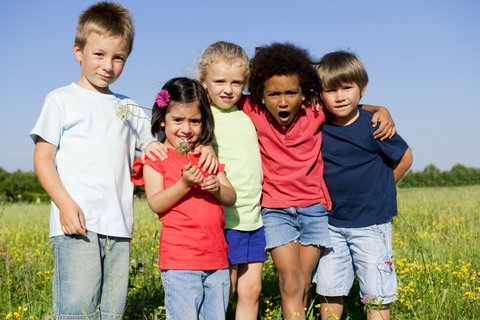The most common phrase that I find comes out of the mouth of many of my older relatives is, “Back in my day, School was…” Many complain that teachers would often beat them, that they didn’t have computers, and that “you kids” have it easy. But, lets just look at some facts here to really display the reality of life for kids my age: the world is over-populated, meaning less schools have openings, meaning that you cannot get into the university of your choice necessarily, and jobs are few and far between even with a university degree. Testing is harder, concepts are more complex, and there is higher pressure to get the best grades. During the early 60’s, you could get through high school, get into a decent university, and attain a decent paying job. Back then, university degrees were few and far between, as there was little need for one. Now, you would need to have perfect grades and go to the best university in order to get a mediocre job. Even just 25 years ago, my father dropped out of high school in Vancouver at the age of 16, and got his GED and a job that paid 18 bucks an hour. He never quit, and never had to go back to school.
I stress so much about school now, and shake my head in despair at the people who tell me that I have it easy. Yes, I have the internet at my fingertips, and yes, I have amazing parents who help me with all my studies, but that doesn’t mean that school isn’t hard and that pressure is not high. I am constantly competing with my peers. In the 60’s, Harvard only got around 1,000 entrance letters each school year because a high school kid could get a job without a college degree. Now, Harvard gets millions of letters every year, and rejects nearly all of them. My dream is to become an orthodontist. I would like to graduate from high school with honors, and be accepted into UBC dentistry. But only about 60 applicants are chosen to be in each graduating class out of the thousands of applicants. My worry is: what if I am not one of the 60?
University is not my only worry; just getting through high school is a daily stress. In order to get through high school now, you have to pass several sets of provincial exams in the last three years of high school, and each test becomes worth more and more of your final GPA. Next, you have to successfully complete over 100 hours of volunteer and work experience every year for 3 out of the 4-5 years of high school you have. If you don’t complete this requirement, then you cannot graduate high school. Something as minor as this should not affect your entire future so monumentally. Just going to school and getting good grades is hard enough, so why add the extra hardship when it is irrelevant? If any teachers are reading, I’m sure you are very good at your jobs. School is an amazing thing, but the increasing stress makes it less and less enjoyable. Something needs to be changed, and maybe it wont happen in my generation, but I would like to think that my brother or my cousins could have an easier time in school if we all work together and make a change.






